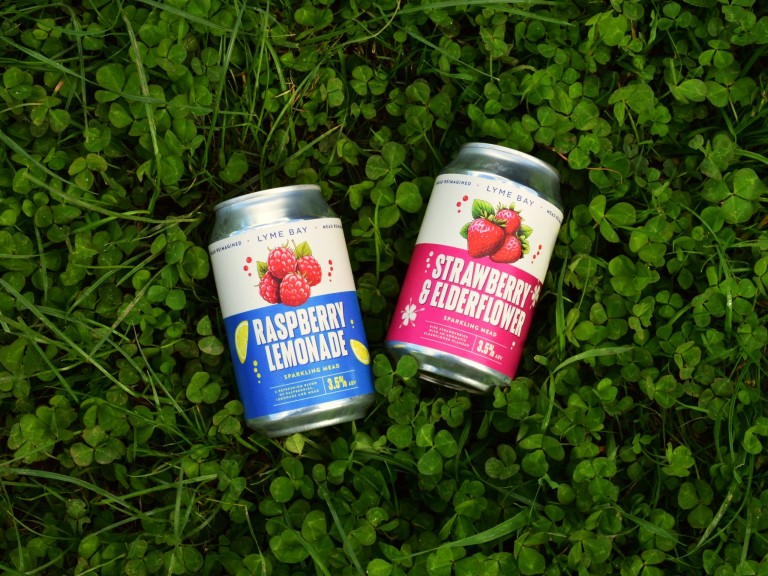The history of mead is an impressive and extensive one, and whether Vikings, ancient healing drinks, or simply a honey-based drink pops into your head when you hear the word – they would all be understandable.
This delicious honey wine dates back to 7,000 BCE and is thought to be one of the oldest alcoholic beverages in the world, still popular to this day having developed almost a cult following of consumers who buy mead and enjoy it by the flagon!
Its true roots are still often debated, with Egypt, Africa, Greece, and China all being cited as the creator of mead by different experts. In reality, all of these ancient cultures likely enjoyed mead, even if it was for different reasons.
Mead was once considered an elixir by the Greeks, believed to be the drink of the gods, whereas Celtic mythology believed it to bestow magical powers, and would have drunk it out of cow horns or goblets. Mead is also strongly associated with the Viking period, thanks to the risk of drinking water during this time.
Vikings and Mead
Vikings used to brew both strong and weak beer and mead for different occasions. Weak beer was used as a water replacement to quench thirst and was deemed suitable for children, whereas the stronger brewed beverages were held in an adult-only space on the proverbial top shelf, reserved for special occasions.
Vikings are known for their love of celebratory gatherings and feasts, which could have been for any reason from a successful pillage to a harvest festival, and this is where mead came into its own.
That being said, it was not a cheap drink to make considering its main ingredient is honey, which meant it was often saved for the best of the best moments.
The Legend of Kvasir
Kvasir was a man made from spit, and yes, you did read that right. The two sworn enemy God groups, the Aesir and the Vanir, both donated their saliva into a common vessel as a point of a performed peace ritual. Not only was this more interesting than a handshake, but this very concoction went on to create Kvasir, who possessed the knowledge and wisdom of both Gods.
Kvasir went on to share his knowledge with everyone and anyone who would listen to him on his travels, making it his priority to teach everything he knew. That was until he was killed by two dwarfs, Fjalar and Galar, who then went on to drain his blood and use it as a magic mead elixir. The creation of Kvasir’s blood and honey fermentation was called Mead of Poetry and was said to contain all of Kvasir’s knowledge and wisdom. It was said that when drank, this vast understanding of the world was bestowed upon the consumer.
The Legend of Odin
For those who have a keen interest in Norse mythology, there is a good chance you have already heard of Odin. Odin is known as the god of both war and death and goes by many different titles such as King of Asgard, Patron of Rulers and the one-eyed All-Father, having sacrificed one of his eyes to see everything that happens in the world.
Despite his relation to seemingly negative connotations, Odin, also known as, offers a haven for those who die during battle in his name, known as the Hall of Valhalla.
But how did he become an all-knowing God? It all started with the undying need for knowledge and the sacrifice of his one eye in Mimir’s well, along with his life, where he mounted his body on his spear and was hung on the Yggdrasil tree for several days.
Seems a tad dramatic, but the rewards were tenfold for Odin, as he was then blessed with an abundance of magical prowess and the knowledge he craved during these ritualistic offerings. Some of these exceptional gifts included being able to cure the sick, make women fall in love, calm any storms, and receive secret wisdom.
He was also able to shapeshift by sending out his soul into other vessels which could be both humans or animals and was then able to travel far and wide to wherever his heart desired.
But what about mead and Odin? The All-Father was well known for enjoying mead and wine, so much so that it has also been said that it is the drink Vikings are greeted with if they make it to Valhalla – your gift for dying an honourable death in battle.
While mead has had ties to sacrifices, cow horns, saliva, and blood, thankfully the modern day has lightened up a little. Mead now means you can get hold of a carefully crafted honey-based alcoholic drink that you can enjoy with some delicious home-cooked food.
Find All Things Mead at Lyme Bay
If you are passing our Winery shop here in Shute, near Axminster in Devon, do pop in and check out our selection of fantastic meads, or get in touch with our friendly team here at the Winery via email at info@lbwdrinks.co.uk or by calling us on 01297 551355 if you’d like to order by phone. We aim to dispatch orders received before 2 pm the next working day – with free delivery for allorders over £45.
In the meantime you can keep in touch with us via our Instagram and Facebook pages – we love hearing from you!



